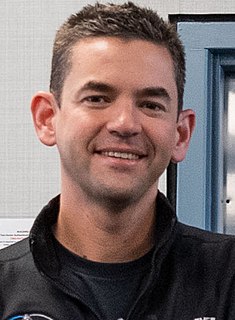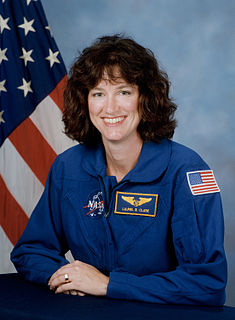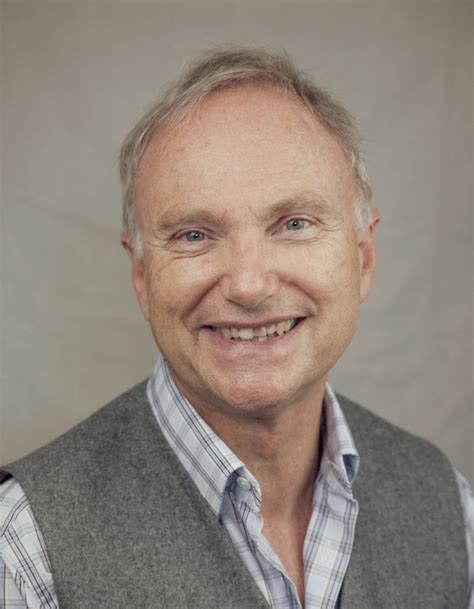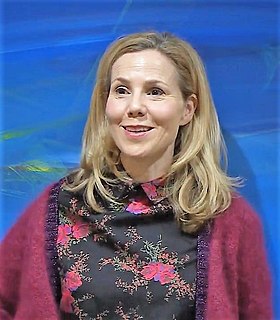A Quote by Jared Isaacman
Space adaptation syndrome is certainly real.
Quote Topics
Related Quotes
Alice in Wonderland Syndrome. This is a mental illness. It is like looking through the wrong end of a pair of binoculars. It is as if you are living in a fantasy world of a fable. This is an interesting and sad syndrome. I’m sure that I have that syndrome. If it’s not it, then why the heck does my every moment with the ordinary girl feel like a fable?
There are many facts within fiction. This captivating story provides invaluable insights into the childhood of a girl who has Asperger’s syndrome. Fiction allows the author to explore different perspectives and add poignancy to the experiences of sensory sensitivity and being bullied and teased of someone who has Asperger’s syndrome. The title Delightfully Different describes Asperger’s syndrome but also the qualities of this novel.
In the 1920s the young English physicist Paul Dirac began trying to understand and describe the space-time evolution of the electron, the first elementary particle discovered by J.J. Thomson in 1897. Dirac was puzzled by an unprecedented property of space-time, discovered by Lorentz in his studies of electromagnetic forces, whereby if space was real, time had to be imaginary, and vice versa. In other words, space and time had to be a ‘complex’ mixture of two quantities, one real and the other imaginary.



































